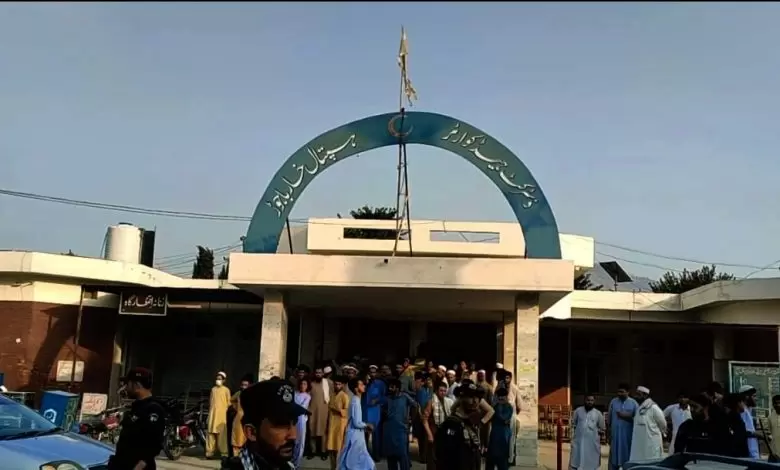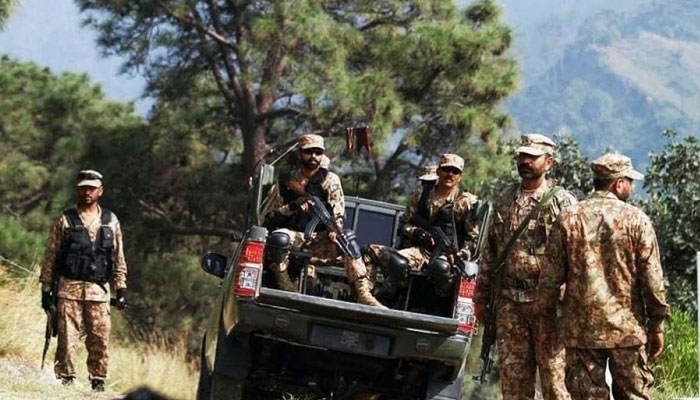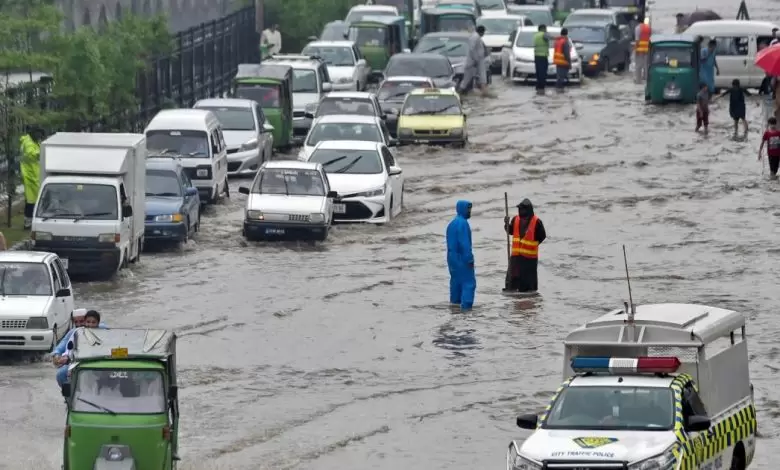Atta Ullah Khan
Since the Taliban takeover in Afghanistan in August 2021, terrorists on Pakistan's side of the Durand Line have intensified their activities and armed struggle in different parts of the country. The situation is particularly critical in Khyber Pakhtunkhwa (KP), especially the newly merged districts (NMDs) and the areas bordering Afghanistan.
The "fall of Kabul" and the ascension of the Taliban to power have caused trouble for Pakistan, and now its hazardous implications on the country can be gauged. The law and order situation is extremely precarious following the failed long parleys with the outlawed Tehreek-e-Taliban Pakistan (TTP).
The process was initiated by the PTI government without taking the parliament into consideration. The previous government held talks with the outlawed terrorist outfit in Kabul with the connivance of former Director General of Pakistan's spy agency (DG ISI), Faiz Hamid. The talks were facilitated by the former's patrons and ideological brothers. The purpose was to resettle terrorists in KP, but it was a reckless move to resettle them as a Confidence Building Measure (CBM). However, they succeeded, and terrorists were brought here. The current government suspended the talks.
Also Read: Pakistan: Rise in Wheat Production, Soaring Flour Prices Disappoint Consumers
The consequences are horrendous as laypeople suffer. Personnel are fighting the scourge of terrorism brought over here with great valor and sacrificing their lives to emancipate the country from this menace, but with little headway so far. We, the people, pay the price, and the army Jawans pay the price for that reckless decision, which continues.
The terrorists have gained momentum in the past few months and are now using new tactics to harm the armed forces. They carry out targeted attacks on army pickets using advanced-level American sniper rifles, which are highly efficacious. They also frequently launch surprise raids on military fortifications (mostly public schools and hospitals that have been converted into fortifications) and police stations.
The problem is that these incidents are not reported in the mainstream media. There are two reasons for this. First, there is no internet connectivity in areas where the recurrence of these incidents is prevalent as these are remote areas. Second, the ISPR, the Army's media wing, does not share or disclose the actual number of casualties resulting from the "enemy's cowardly attack." Since the army holds control of these areas, no independent media outlet is allowed to report these incidents on the pretext of the "deteriorating law and order situation."
A contingent of up to 15 personnel was deployed in Machi Khel village of Jani Khel, Bannu. Recently, it was attacked in broad daylight. First, the terrorists gunned down the sentries from a far distant place with the help of sniper rifles. After that, a full-fledged attack was launched. Eyewitnesses say the attackers overran the outpost where the personnel had taken shelter (a hujra or public gathering space was occupied and converted into an army checkpoint). It was vacated afterward.
In our backyard, a fierce battle between terrorists and Pakistani forces took place a few days ago at midnight. The battle continued for about three hours. What happened that night? Mali Khel army outpost was stormed by terrorists, who outnumbered the army present there. The troops under attack requested reinforcement from the nearby army fortress. This incident highlights the maneuverability power of the terrorists as they had set a trap for the expected contingent. However, as the contingent was on its way to help the stranded troops, a well-prepared terrorist team ambushed them.
The next day, ISPR announced two casualties from each side in a press release, while villagers claim there could be 10-12 casualties from the army side. This is just one example to mention. When I say that ISPR does not share actual and true information with the public, I mean it.
The current year has witnessed a record spike in insurgency. More than 100 incidents have been reported in KP, claiming over two hundred deaths and more than four hundred injuries. There is hardly a day when there is no terrorist incident, whether it's beheading or targeted killings, attacks on army facilities and police stations, abduction of civilians for ransom, setting public property ablaze like internet towers, government paraphernalia, or private contractors, and sabotaging developmental projects in different areas.
Given the burgeoning terror activities in KP, should we go for negotiations with the outlawed TTP? If yes, then at what cost? There are still people out there who argue that talks with them are a viable option. Let's ask a very basic question.
Negotiation is the name of 'give and take.' Suppose Pakistan grants amnesty to all terrorists, notwithstanding their heinous crimes against Pakistan's armed forces and civilians. What do they have to offer to reciprocate? Are they willing to lay down their arms? Are they ready to abandon their radical ideology? Are they willing to integrate into the mainstream? Will they not be involved in illicit activities against the state? Can they drop their demand for the revocation of the Fata merger? But the situation seems to be the opposite.
The process of Disarmament, Demobilization, and Reintegration (DDR) can only be realized if they are willing to accede to some of the government's demands. Only then should the government compromise, excluding the Fata merger and the enforcement of Sharia. There can be no one state and two systems. No state within a state should be allowed. Apparently, the insurgents seem to want and have nothing to offer.
Unfortunately, the ongoing tumult in the country following the May 9 mayhem has diverted politicians' attention. There is hardly a word in the political circles about the resurgence of terrorism. The same is the case with the media. There is a complete media blackout - no coverage, no headlines, no talk show.
This, I think, is a collective good problem that needs immediate attention. Unfortunately, our politicians are quarreling with one another, and the establishment is busy engineering the whole process. All the stakeholders need to unite for the cause and pay heed to what is going on in Khyber Pakhtunkhwa. A collective response can be a panacea.
Note: Atta Ullah Khan holds a bachelor's degree in International Relations. He can be reached at [email protected].
1.jpeg)
09 Jul, 2025






1.jpeg)
09 Jul, 2025